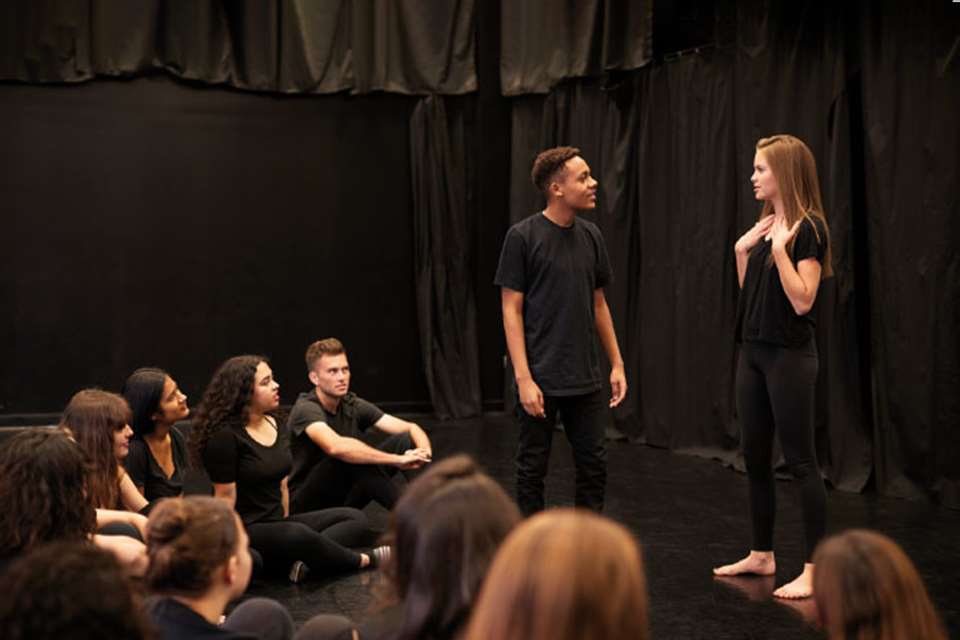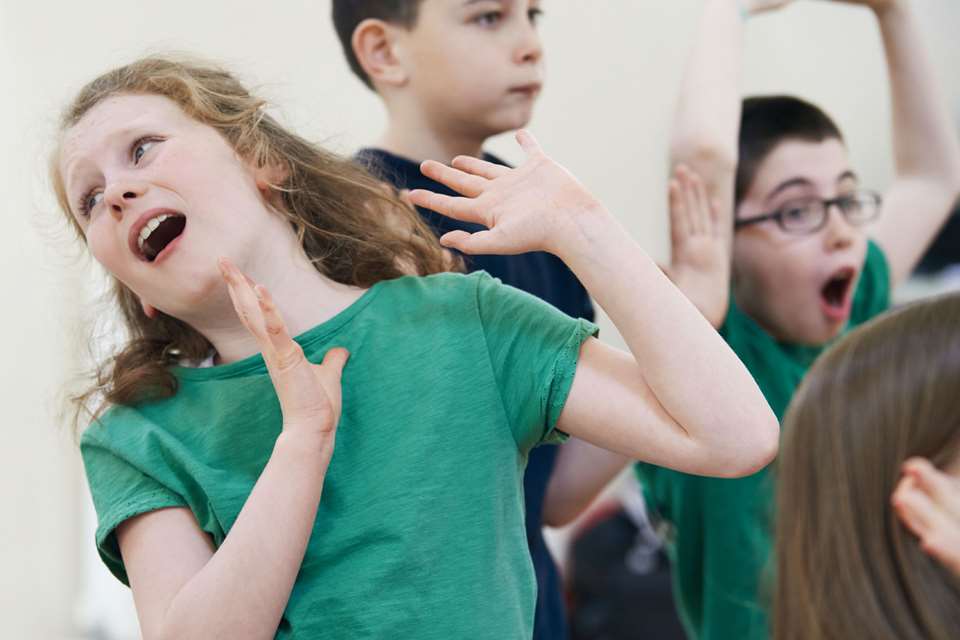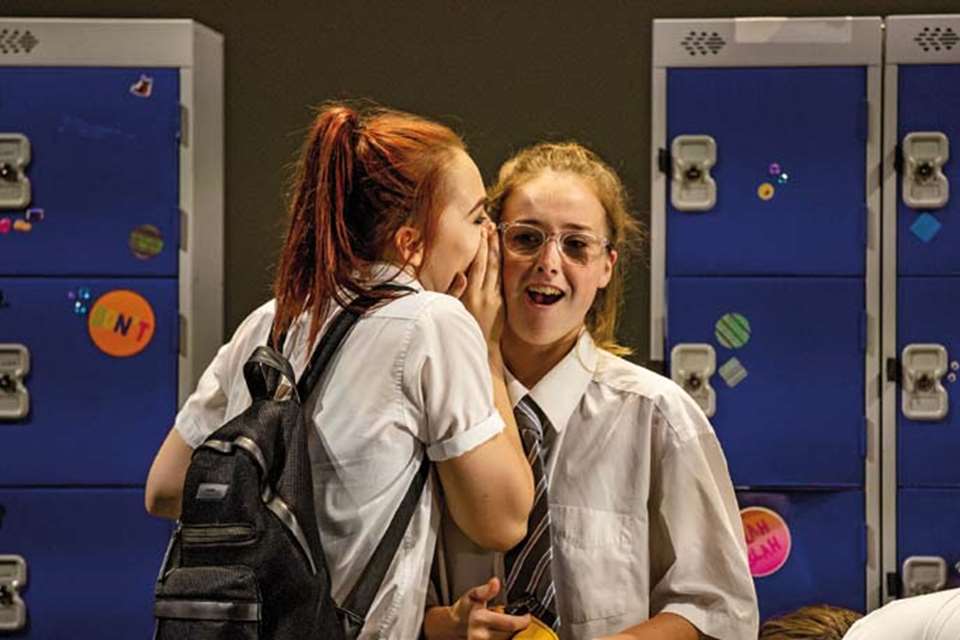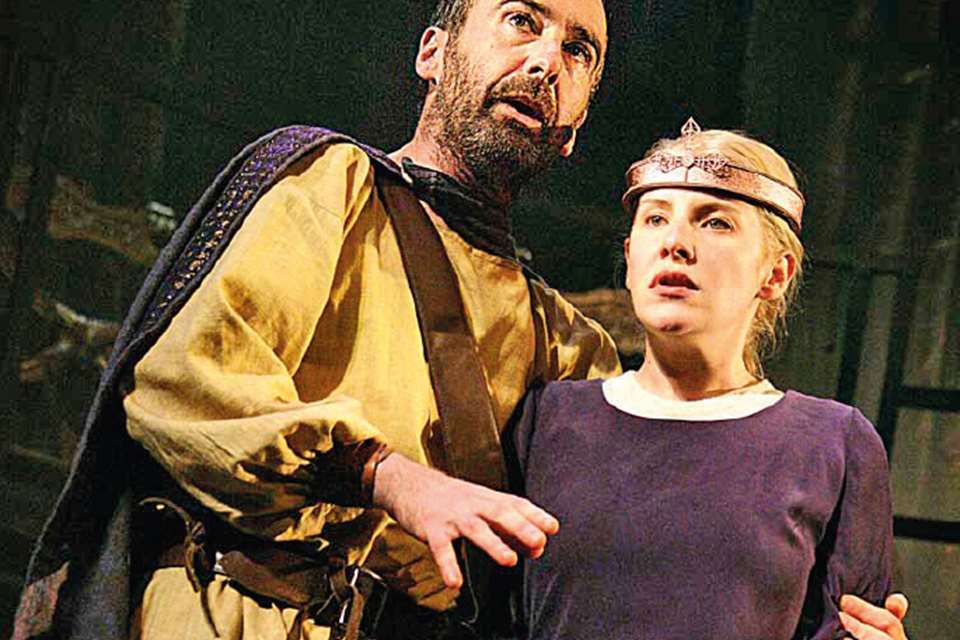Drama Strategy: Home is …
Patrice Baldwin
Wednesday, September 1, 2021
It can be extremely helpful to use a poem to explore a global issue with your students. You will need to preview the poem ‘Home’ by Warsan Shire for this exercise. You may wish to omit some verses, as the themes and content are likely to be highly sensitive for some students.

Adobe Stock/ Pizza Stereo
1) Move if…: The class stand in a circle. Call out the following statements in turn. Students walk across the circle whenever a statement applies to them.
- You live in the country you were born in
- You have ever lived in another country
- You can speak a language that is not your mother tongue
- You have visited a country where you could not understand the language
- Anyone has deliberately made you feel unsafe
- Anyone has made you feel unwelcome
- People you love are living in another country.
2) Thought walk: Ask the students to walk around the room, talking to themselves about what ‘home’ means to them. Their sentences should start with ‘Home is…’
3) Eavesdropping: Freeze the thought-walks and pass each ‘frozen’ student in turn. As you pass, each student thaws and carries on talking about home until you move on.
4) Movement and Still Image: Ask groups of four to agree on a positive metaphor for home, such as ‘home is a warm bath’, then devise a still image for the metaphor. They should then practise moving into the image in slow motion, voicing the metaphor, before melting to the ground.
5) Performance Carousel: Seamlessly in turn, each group performs their movement and image, resulting in a continuous whole-class performance. As their performance ends the teacher reads aloud these lines from the poem:
- no one leaves home, unless home is the mouth of a shark
- you only leave home, when home won't let you stay
- no one leaves home, unless home chases you
- no one leaves home, unless home is the barrel of a gun
- no-one would leave home, unless home chased you to the shore
- no one leaves home, until home is a sweaty voice in your ear saying leave
- Tell them that these lines are from ‘Home,’ a poem by Warsan Shire. Now read them the poem.
6) Image Theatre: Give each group one of the above sentences from the poem. Ask them to extend their performances by moving into a second image that depicts their given sentence, (which they will also voice).
7) Performance Carousel: Each group in turn seamlessly performs their contrasting images, resulting in a whole class performance.
8) Echoes: Give out copies of the poem. Ask them to read it individually and underline what they think are the five most evocative lines or phrases. Then read the poem again to them, asking them to join in with the five phrases they have each underlined.
9) Voice Collage: This will be an improvised voice performance. Everyone now selects one phrase. They stand together and close their eyes. Explain that anyone can speak all (or part), of their chosen phrase, whenever they wish and in any way. Everyone will start in silence, reach a crescendo and end in silence. They must keep their eyes closed until they are told to open them. When their eyes are still closed at the end, you read the final lines of the poem: ‘I don't know what I've become but I know that anywhere is safer than here’.
10) Talking Objects: Refugees often leave their homes hurriedly, with only what they can carry. The students stand in a circle. The space represents a refugee's bag. One at a time, a few students can enter the space and become an object in the bag. They enter, position themselves as the object, state what they are and add some information, such as ‘I am a bottle of tablets that need to be taken daily. I have ten tablets inside me.’
11) Talking Objects II: Treasured objects often need to be left behind. One at a time, a few students can move away from the circle and become an object left behind. They position themselves, state what they are and add some information, such as ‘I am a painting of his mother. He often looked at me’.
12) Small group playmaking: In groups of four, ask students to find the key moments of the journey. You gather the moments and allocate one to each group. Each group now devises a short scene for performance, which includes their allocated moment. Share the scenes.
13) Small group playmaking II: The groups now devise a scene that is not in the poem, for sharing. It should contain a moment of hope and/or friendship during the journey. You could use authentic photographs preselected from the internet as a stimulus for these scenes.
14) Writing in role: The students could write an additional verse for the poem, in the style of the poet. This could contain one of their moments of hope or friendship.











